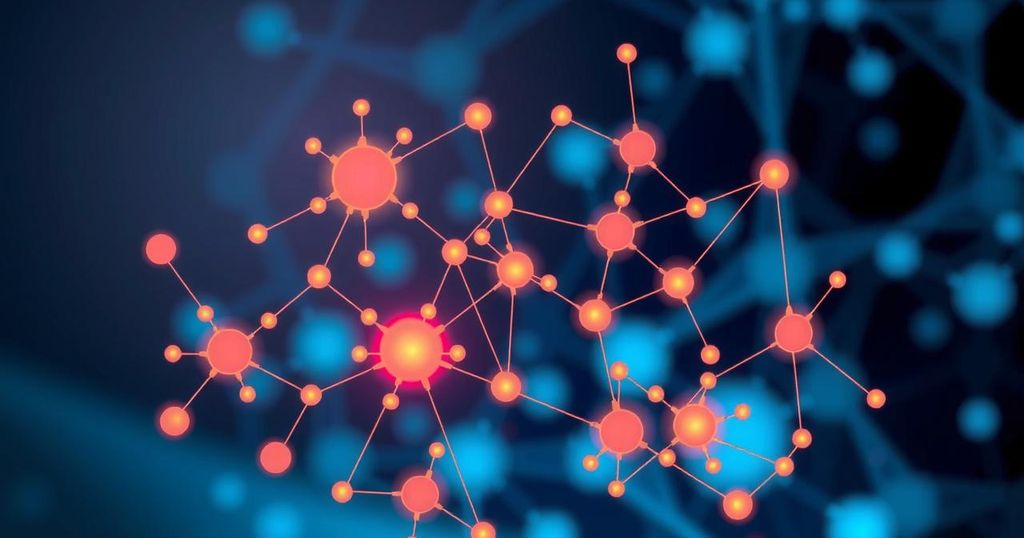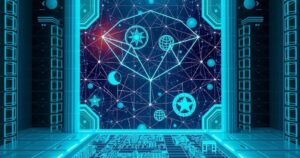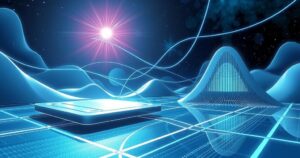Nobel Prize in Physics Awarded for Pioneering A.I. Research by Two Scientists
John J. Hopfield and Geoffrey E. Hinton received the Nobel Prize in Physics for their pioneering work in machine learning and artificial neural networks. This award reflects the growing significance of A.I. in various fields, including healthcare. While acknowledging the immense potential benefits, Dr. Hinton also warned about the possible risks associated with A.I. surpassing human intelligence.
In a captivating twist in the world of science, the Nobel Prize in Physics has been awarded to two pioneering researchers, John J. Hopfield and Geoffrey E. Hinton. This recognition, announced on Tuesday, celebrates their groundbreaking work in machine learning, particularly through artificial neural networks. The Nobel committee emphasized that their innovations allow computers to learn in a way akin to the human brain, heralding a new era in artificial intelligence.
This accolade isn’t just a trophy on a shelf; it reflects the escalating importance of A.I. in everyday life and work. With their technology’s aptitude for processing and understanding vast data sets at lightning speed, machine learning is not just here to stay, but it’s embedded in the very fabric of scientific research. Particularly in physics, this approach is being utilized in crafting new materials with unique properties, as highlighted by the committee.
Dr. Hopfield and Dr. Hinton’s contributions are firmly anchored on solid physical science principles. They have unveiled “a completely new way for us to use computers,” according to the Nobel committee’s statement on X. These advancements promise to aid society as it confronts various pressing challenges, marking a transformative leap in computational science.
During a press conference, Dr. Hinton, often dubbed the “godfather of A.I.,” faced a barrage of questions from journalists eager to understand the implications of his work. And, boy, he didn’t hold back. He raised alarms about the future of machine learning, suggesting its potential impact on society could be as groundbreaking as the Industrial Revolution. “Instead of exceeding people in physical strength, it’s going to exceed people in intellectual ability,” he stated, cautioning that we are stepping into uncharted territories with smarter-than-human technologies.
Yet, not all is gloom and doom. Dr. Hinton also pointed out the bright side, emphasizing how such advancements could lead to remarkable improvements in healthcare and productivity. “It’ll mean huge improvements in productivity,” he remarked, albeit with a note of caution about potential negative consequences, particularly about the risks of losing control over such powerful tools.
As we inch closer to realizing the full potential of artificial intelligence, the legacy of these two researchers could very well shape our shared future.
The Nobel Prize in Physics awarded to John J. Hopfield and Geoffrey E. Hinton underscores the remarkable strides made in artificial intelligence, highlighting the implications of their research on machine learning. Their work not only reflects the increasing role of A.I. in our lives but also raises crucial questions about its impact on society. It’s a moment that both excites and unsettles, as we stand on the cusp of vast intellectual advancements.
Original Source: www.nytimes.com




